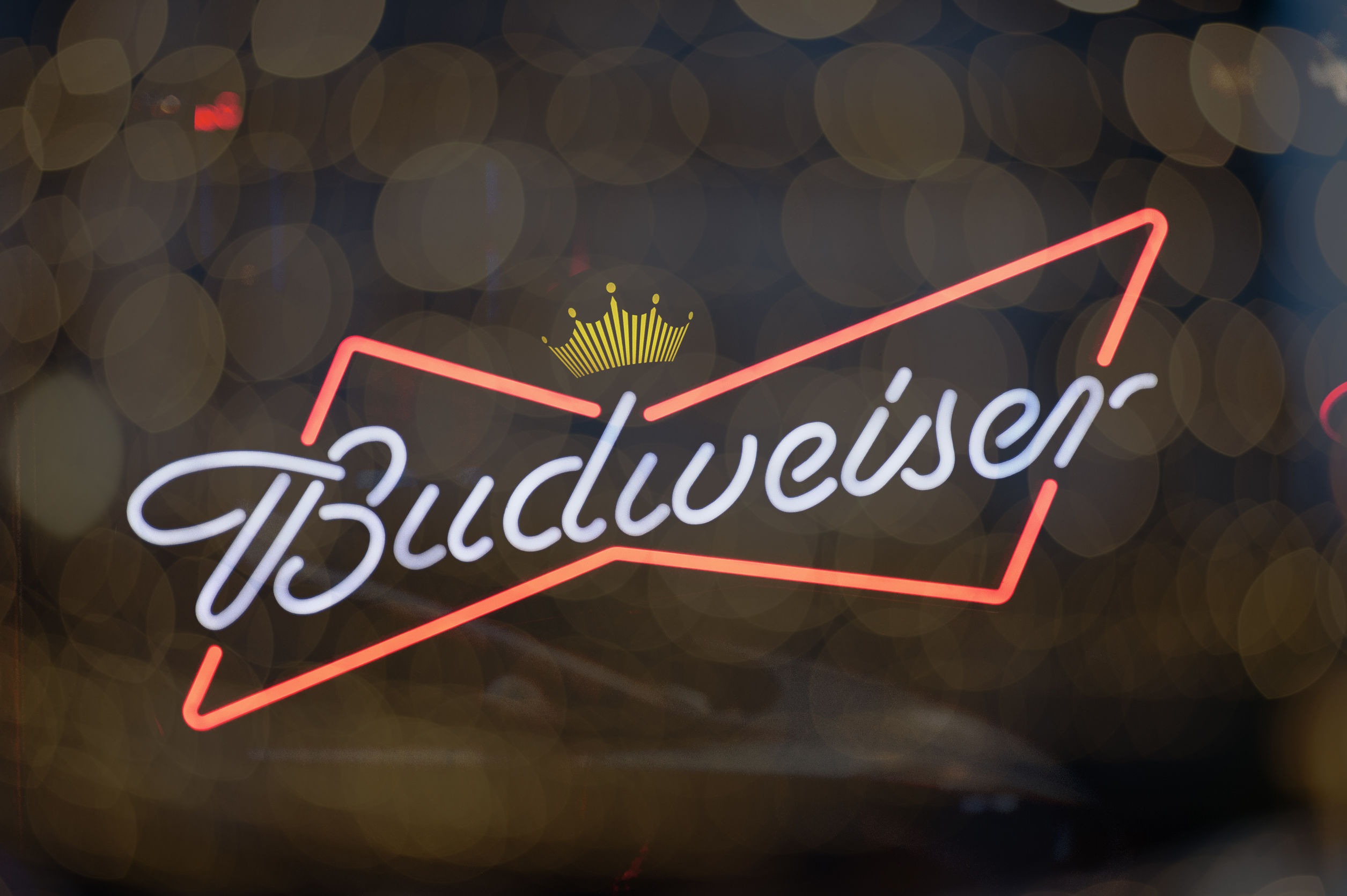Does Budweiser deserve the praise for offering Super Bowl ad to COVID vaccine efforts?
The brand is offering its usual big media slot to COVID-19 efforts, but the move isn’t completely altruistic. Here’s why one PR pro thinks the campaign doesn’t necessarily deserve all the kudos.

On the “Today Show” this morning, Budweiser’s vice president of marketing chatted through the brand’s decision to not run a Super Bowl ad for the first time since the early 1980s.
The decision to not do so and instead reallocate those funds to raise vaccine awareness is a welcome development. With more than 400,000 dead and tens of millions infected from the novel coronavirus, corporations like Budweiser are acting responsibly and thinking much more broadly about the value they deliver, not only to customers and shareholders, but to society at large.
The question is not whether the move is the right thing to do. Undoubtedly it is. But does Budweiser deserve the widespread news media praise for what, on its face, seems like a simple decision? In a word: No.
In 2020, the average media buy for a 30-second Super Bowl ad approached nearly $6 million. Add to the mix production costs, agency fees, licensing, and other campaign elements, and organizations are looking at a substantial amount of money. Under normal circumstances, such an enormous expenditure and the associated ROI is open to debate. Under our current circumstances, there isn’t much of a debate.
The confluence of events over the past year, including the coronavirus pandemic, economic upheaval, pervasive systemic racism, staggering political polarization, and widespread mental health concerns have collectively transformed societal expectations for brands. No longer simply beholden to shareholders, brands now have a responsibility to a much broader set of stakeholders: employees, customers, suppliers, investors, regulators and the communities in which they operate. While underlying trends of so-called “stakeholder capitalism” have been underway for quite some time, the timeline for brands to act on their values and broader purpose continues to rapidly accelerate.
A brand’s reputation is, arguably, its most important intangible asset. It cuts across all aspects of a business. So, when marketing decisions are made, they can no longer be made in a vacuum without considering the broader implications of how such a decision will be perceived by society.
Consider this for a moment: If Budweiser and others decided to run a Super Bowl ad, what would the response be? Most likely, people would be fine with it. But let’s also consider the possibility of how such a decision plays against the backdrop of what’s going on in the Unites States and across the globe. Are the millions of dollars typically earmarked for a Super Bowl spot worth the ROI of selling more beer in the short-term, or is it a better play to use that money to raise vaccine awareness and help save lives? It’s tough to argue against Budweiser’s decision.
At the end of the day, this is a great story. I’m thrilled to see Budweiser and other brands taking a leadership position and acting responsibly to combat the coronavirus pandemic. But I come back to my original question: Should we lavish so much praise on these brands for something that responsible corporate entities should be doing? Yes, they deserve credit. But in our collective new normal, this should be table stakes for brands. And when you consider the goodwill this will engender over the long-term with stakeholders, we are left with a simple conclusion: This is probably the easiest marketing decision Budweiser has ever made.
Matthew Panichas is a vice president for client service at Hot Paper Lantern







This bright writer questions: “Should we lavish so much praise on these brands for something that responsible corporate entities should be doing?”
He says: “In a word: No.”
“When you consider the goodwill this will engender,” he concludes, “this is probably the easiest marketing decision Budweiser ever made.”
But look at the truth. Is donating over $5 million an easy decision? If that big a donation is something that a responsible company “should” be doing,” how many other companies can the writer cite as as doing it? Does the writer name another company that has given even 1% that much money in order to protect our lives?
It may be even more than $5 million because many other companies may be led by this newsworthy example to decide that yes, they should also be doing something to protect us. And is it ridiculous to call giving away over $5 million easy?
“Give and ye shall receive,” the Bible counsels, and PR wisdom is that this is true. But nowhere except here do I see it suggested that if your account gets benefit from giving to protect our lives, that makes the account any less worthy of lavish praise for safeguarding us.
Getting benefit for a client isn’t easy and is good. When corporate charity guru Carol Cone sold her donation-centered PR firm to a huge firm for huge money, another justly famous PR firm came along and hired as an individual Carol Cone!
The pandemic reminds us that any of us can be killed by disease so all of us have reason to feel deeply grateful to a company that fights disease and guards our survival. The pandemic also teaches that although giving away over $5 million is far from easy, PR executives may show major PR wisdom when they counsel management as the Bible does to give that we may receive.